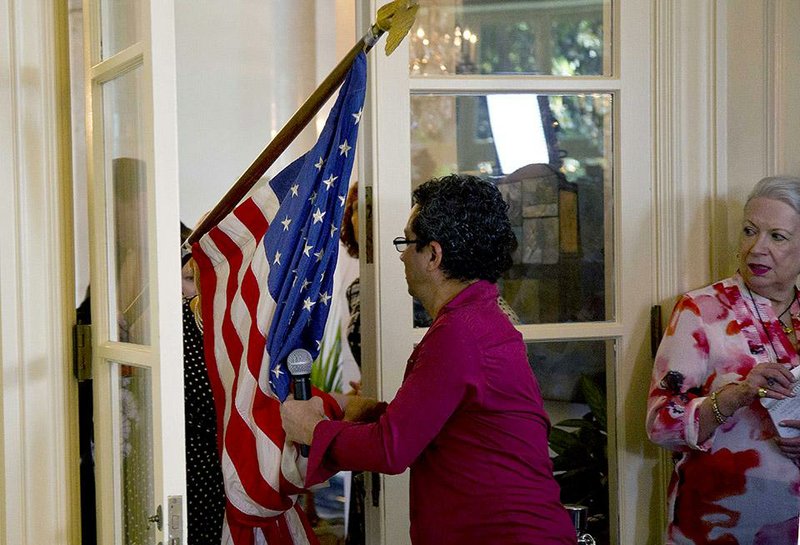HAVANA -- Cuba said Friday that it's demanding that the United States drop much of its support for dissidents as part of the restoration of diplomatic relations between the countries.
The highest-ranking U.S delegation in more than three decades visited Cuba this week to negotiate the reopening of U.S. and Cuban embassies in Havana and Washington and set out an agenda for the broader normalization of relations between the longtime adversaries.
A central U.S. demand is the lifting of Cuban restrictions on American diplomats traveling outside the capital. Diplomats accredited to the U.S. Interests Section in Havana now must seek special permission two weeks in advance if they want to leave Havana and the surrounding province. Cuban diplomats in Washington are under similar restrictions.
U.S. diplomats say the restrictions prevent them from talking to ordinary Cubans.
The head of Cuba's delegation said Friday that Cuba is willing to consider granting the right of free diplomatic travel if the U.S. reduces support for dissidents.
Cuba has long objected to the U.S. offering Internet access and classes in English, information technology and journalism inside the U.S. Interests Section, resources used by Cubans, including some well-known dissidents.
"From inside the Interests Section, they give classes and training, and that isn't part of the recognized responsibilities of a diplomatic mission," Josefina Vidal said. "Those are themes that we discussed in this meeting and that the U.S. delegation took note of."
Asked whether reducing dissident support was a necessary condition for Cuba to allow U.S. diplomats free travel, Vidal said, "We haven't presented it as a condition, we haven't used that word, but, yes, we've said that that consideration, on Cuba's part, is associated with better behavior."
She described U.S. activity as "organizing, training, supporting, encouraging, financing and supplying small groups of people that act against the Cuban government and really represent the interests of the United States inside our country."
"That is action that is not acceptable for Cuba, and they know it," she continued.
Vidal's counterpart, Assistant Secretary of State Roberta Jacobson, said Friday that the talks had left her with no clearer idea of whether Obama's new policy has a chance.
"It's very hard to say exactly how this will work," Jacobson said.
She also said decisions need to be made that will advance U.S. interests and empower the Cuban people, "but the verdict on whether that succeeds is still to be made."
A Section on 01/24/2015
